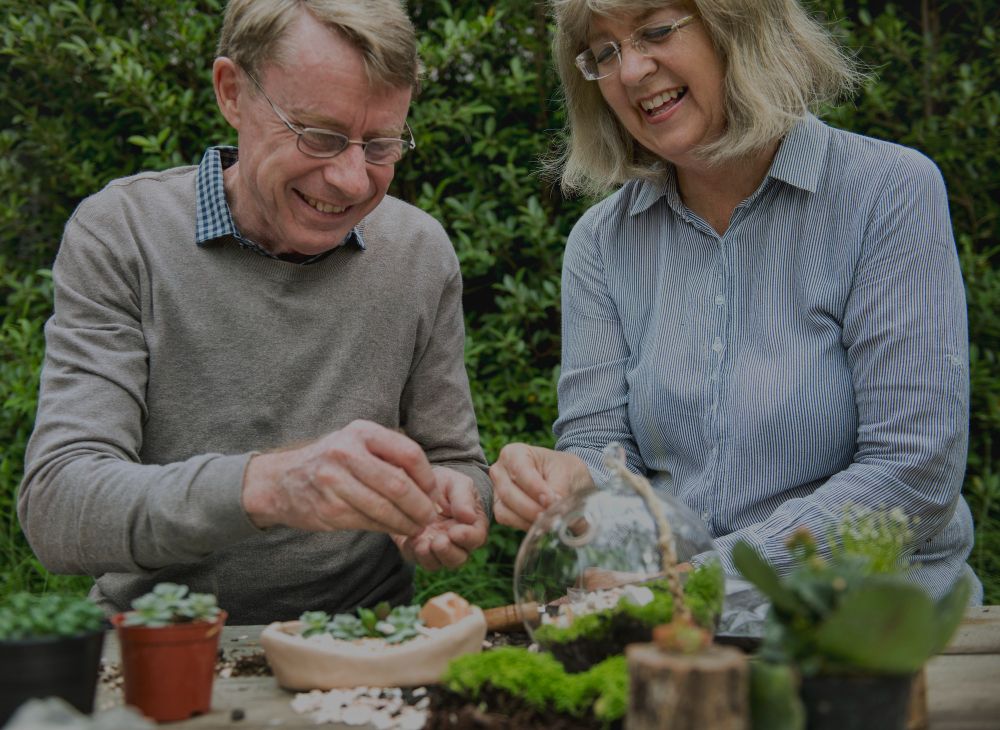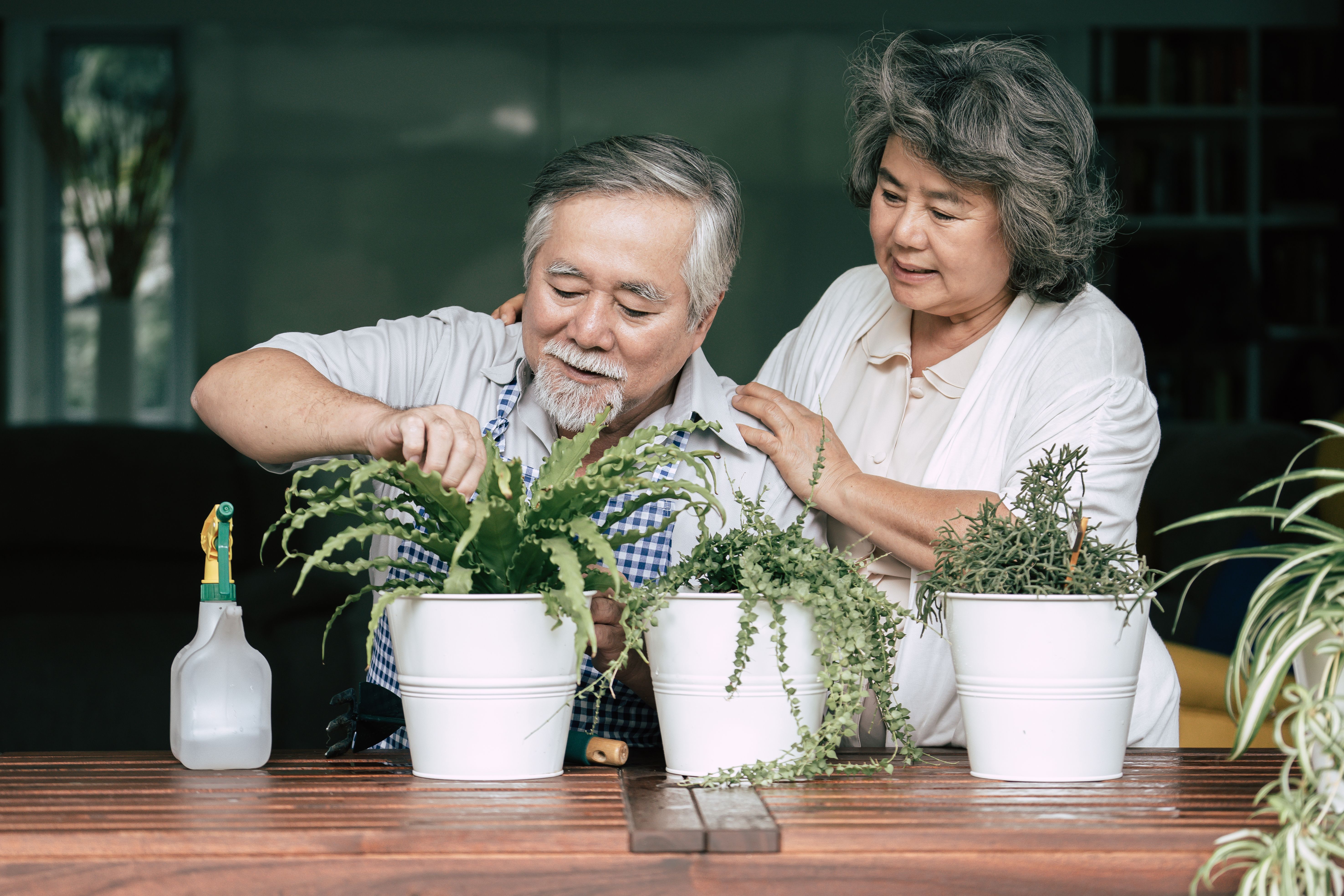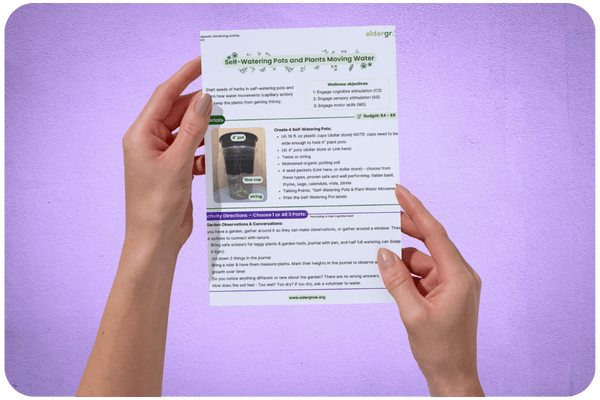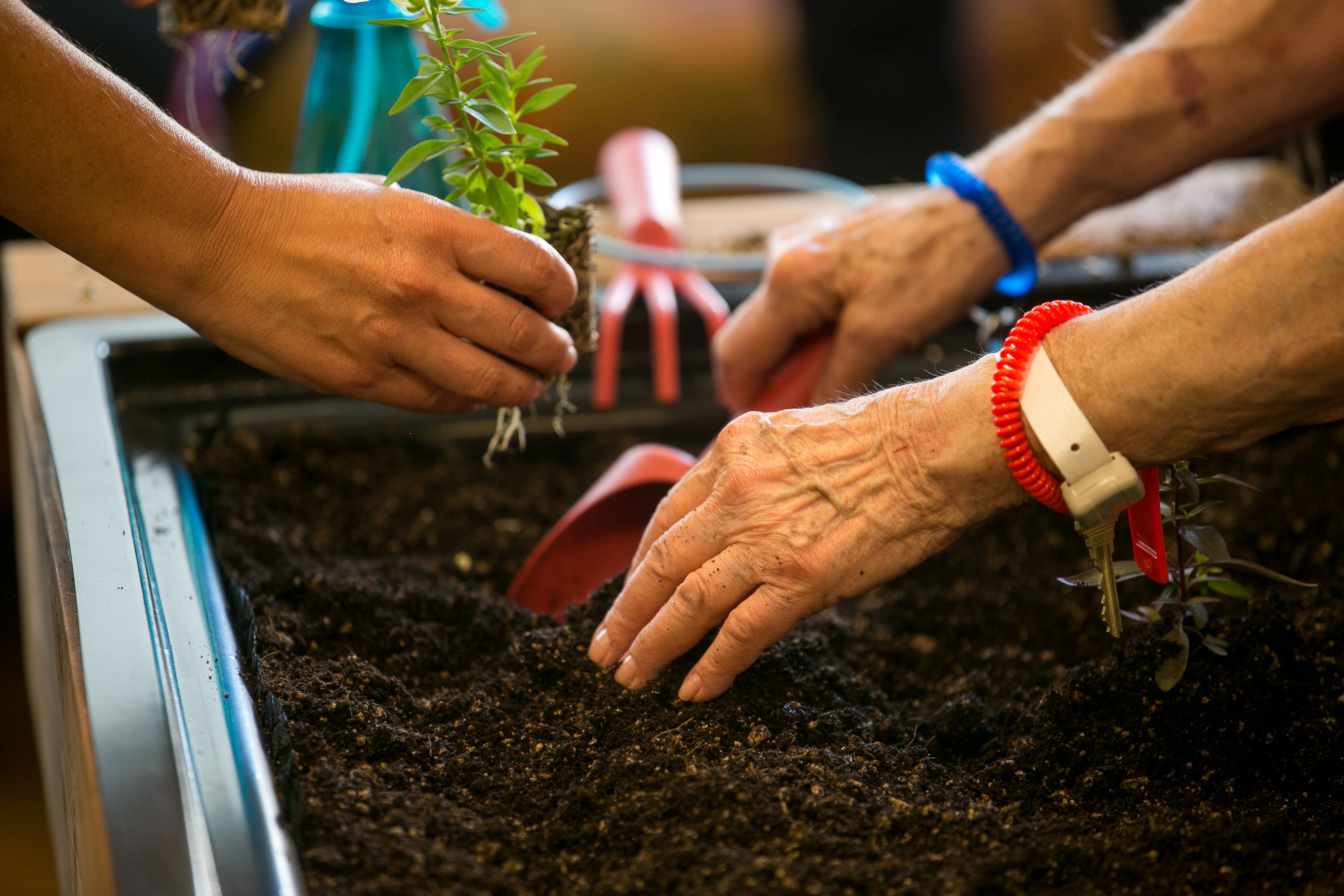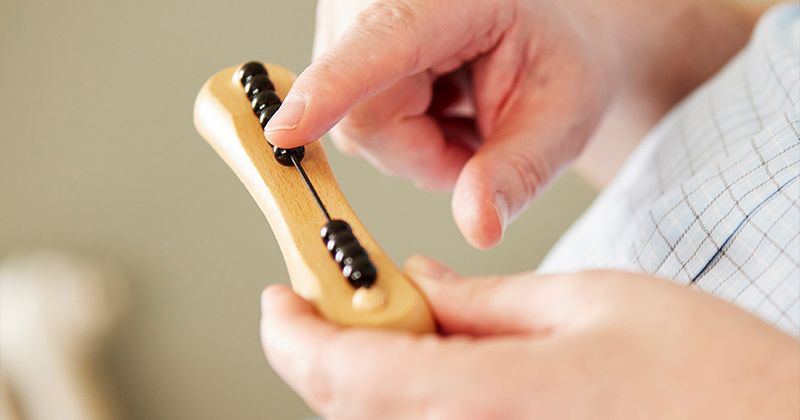What is Therapeutic Horticulture and Why It Matters in Dementia Care
by Valerie Larochelle
5-minute read
This blog introduces therapeutic horticulture as a meaningful, nature-based approach to dementia care. It explains how intentional gardening activities can support cognitive stimulation, emo...
